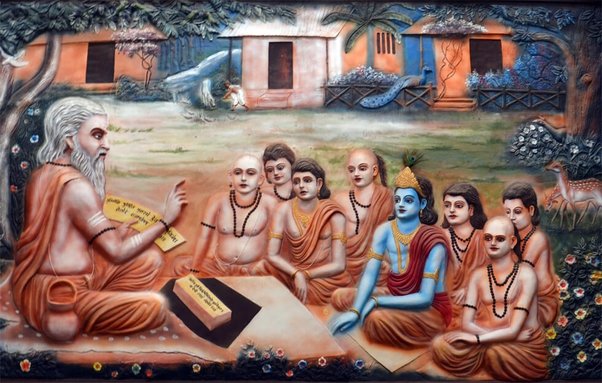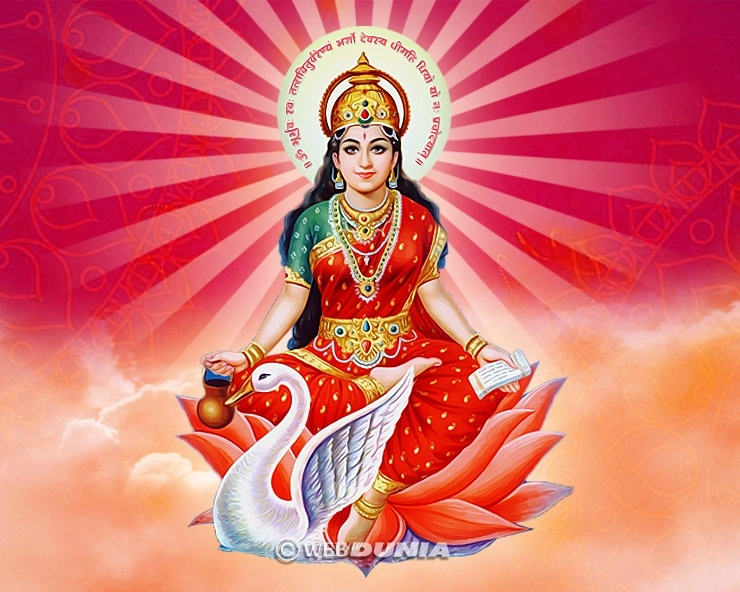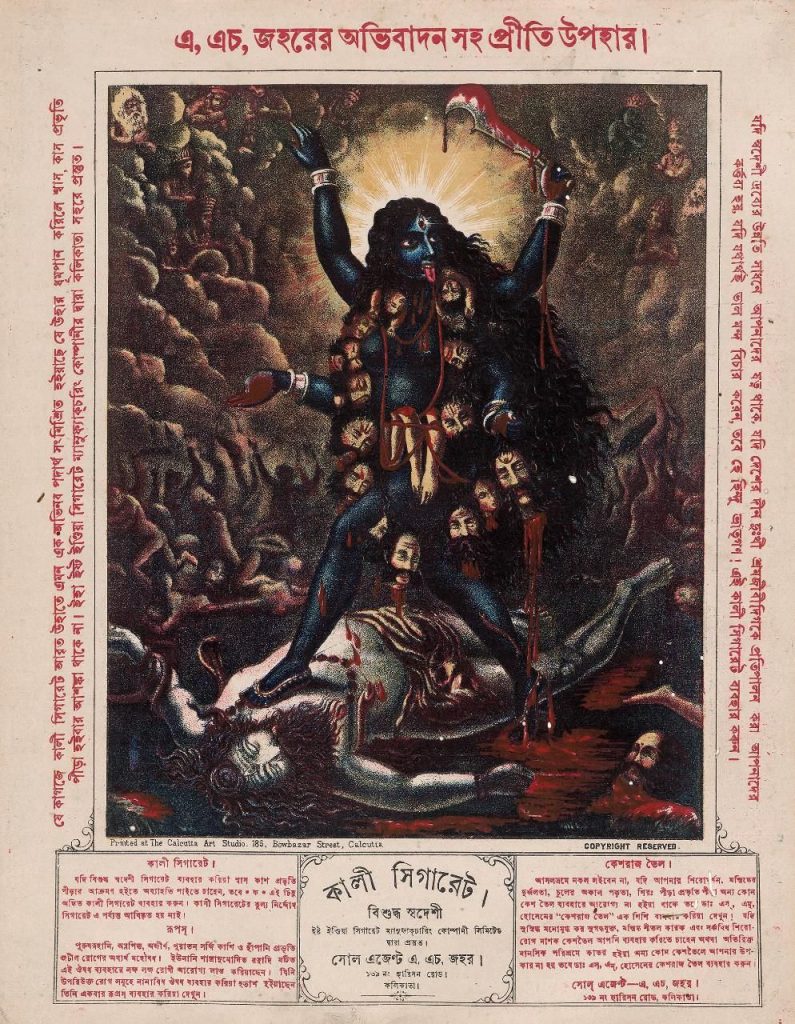Smritis are a body of texts in Hinduism that comprise the laws and customs of Hindu society. They are considered to be the human interpretations of the eternal principles of dharma (righteousness, duty, and morality) that are outlined in the Vedas. The word “smriti” means “that which is remembered,” and these texts were originally transmitted orally and later written down.
There are many Smritis in Hinduism, but the most famous and widely followed are the Manu Smriti, Yajnavalkya Smriti, and Parashara Smriti. These texts cover a wide range of topics, including social norms, family laws, rituals, and moral duties. They provide guidelines for personal conduct, social interactions, and the administration of justice.
Smritis have played an important role in shaping Hindu society and have been used as the basis for the Hindu legal system. However, they are also subject to criticism for their patriarchal and discriminatory content, particularly towards women and lower castes. Despite these criticisms, Smritis continue to be studied and followed by many Hindus as a way to understand and live in accordance with dharma.



